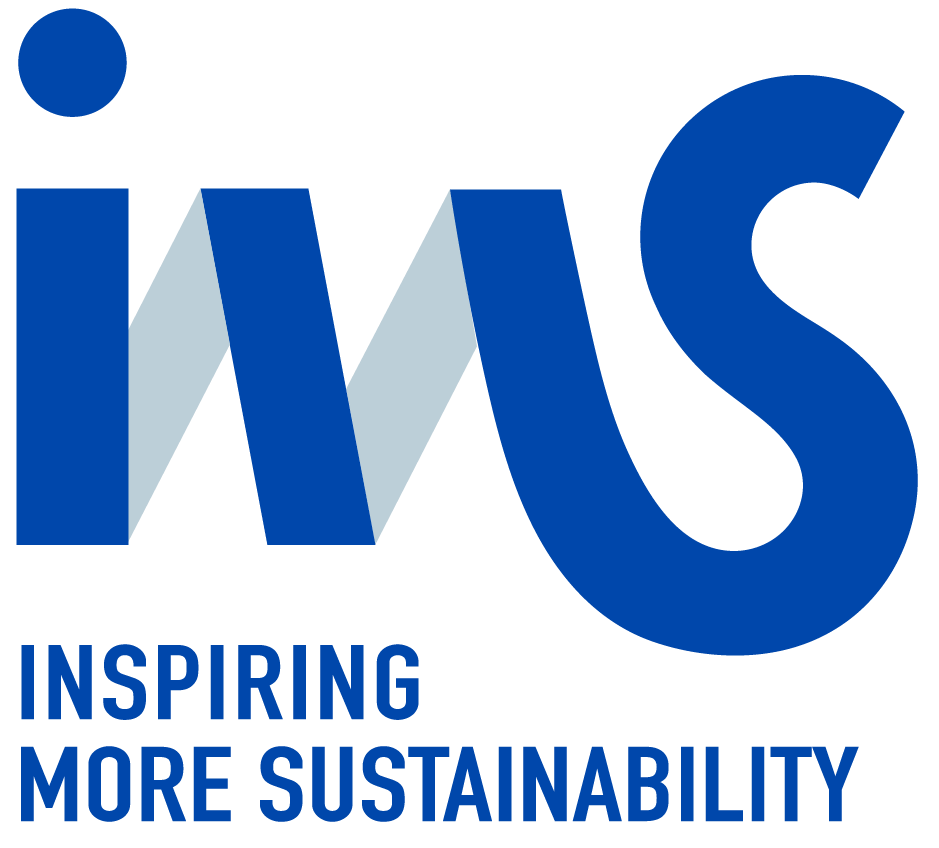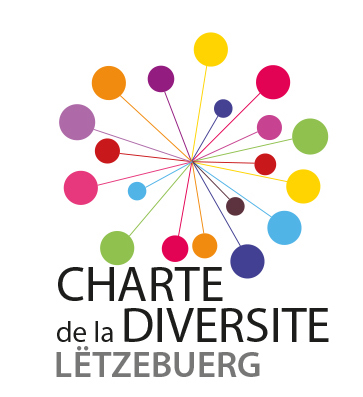The Equal(c)ity regional project, carried out by the Belgium and Luxembourg Country Office of the International Organization formigration (IOM) and financed by the European Commission aims to improve urban services in 4 cities of the European Union (EU) in the fight against sexual and gender-based violence (SGBV) towards migrants by developing 4 specific toolkits. Today we propose you to learn more about the specific toolkit developed in Luxembourg. For further information, please contact sluis@oim.int and marie.sadler@fed.lu.
Luxembourg - Objectives
Femmes en Détresse asbl is committed together with IOM Belgium and Luxembourg in a partnership aimed at addressing the different forms of SGBV towards migrant women, whether they are applicants or beneficiaries of international protection (IPR/BPI), second or third generation, or are in an irregular situation on the territory.
The development of a training toolkit aims to better identify, refer and protect victims by strengthening the knowledge and capacities of front-line professionals likely to face such situations. Although adapted to the specific needs of the City of Luxembourg, the toolkit will benefit from a multifaceted and multidisciplinary approach, with the contribution of independent experts from the academic world, the field, the IOM and other EU cities.
Activities - State of play
The first phase of the project made it possible to identify the needs and gaps in the field of SGBV affecting migrant women in Luxembourg. To this end, a questionnaire and an online survey were developed. The former is used during interviews conducted within reception, reception andintegration structures for DPI/BPI. The survey is aimed at a wider public. The survey enabled the 62 key actors to assess their professional knowledge andskills in the different SGBV contexts and gave them the opportunity to anonymously express their views on the obstacles and challenges they face in providing assistance to migrants.
The collection and analysis of the results are included in a report containing an overview of the legal and social situation regarding SGBV towards migrants in Luxembourg. An annex contains the contact details of the various front-line support services for migrant women.
The model of the online survey will be included in the toolkit and adaptable to other actors and/or cities in the EU that would like to carry out a similar exercise on the ground.
Survey results
Approximately 85% of the respondents stated that they had already been confronted with a situation involving a migrant woman victim of some form of SGBV. These are professionals working in reception structures for IPR/IPB, support services for women and girls who are victims of violence, associations working to integrate migrants in the country, state and municipal actors in the health, education and research sectors.
Among the many obstacles encountered on a daily basis by professionals, mention is made of the language and cultural barrier, as well as the lack of time and commitment needed to build a relationship of trust with the victim. There is also a difficulty in dealing with the topic of sexuality, in becoming familiar with the different legal statuses and procedures, as well as a fear of not knowing how to react correctly when faced with a situation of violence linked to a custom or belief of a foreign country.
A lack of training tools on SGBV that include intercultural concepts has been identified, thus justifying the objectives pursued by the Equal(c)ity project. Although adapted to the target audience, the training themes will, as far as possible, seek to analyse practical cases in order to strengthen the assistance provided to migrant women in the field.
Next steps
The development of the training toolkit will be rolled out during 2020, with an inclusive and complementary approach. The tools will seek to respond to identified needs and gaps. Interviews and exchanges in the field are continuing in this regard. The testimonies and opinions of women from and/or representatives of migrant communities will also be included, as far as possible, in the process.
Stakeholders who have previously or currently organised training courses related to the topics of SGBV and/ormigration will be invited to further exchange. This is in order to create synergies and to avoid duplicating existing tools. The project also benefits from the support of a panel of experts who will review the tools developed at the end of the year.
In 2021, a series of trainings for frontline professionals will be piloted by the project partners. The feedback received and good practices will be included in the finalisation of the toolkit.
Published on 25 May 2020









